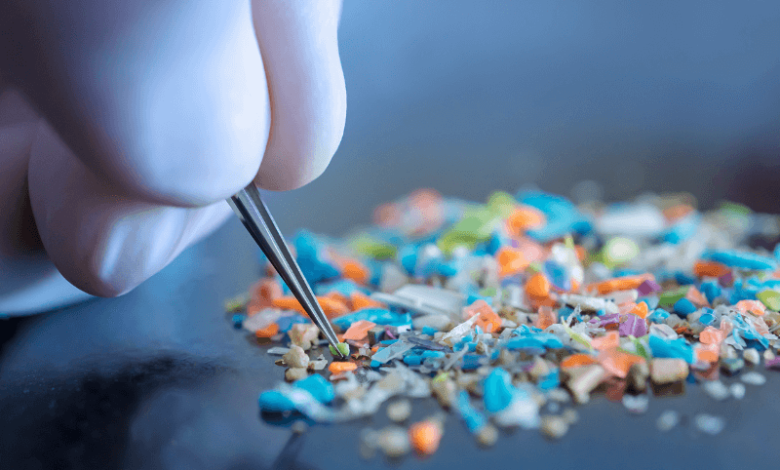Researchers discover microplastic pollution in human penis tissue for first time

The ubiquitous microplastics had already been found in human blood, placentas, breast milk, heart and testicles, underscoring the concerning scale of contamination of people’s bodies. But researchers recently discovered the tiny plastic particles in human penises for the first time.
Several different kinds of microplastics have been found in four out of five samples of penis tissue taken from five different men as part of a recent study. Study lead author Ranjith Ramasamy told CNN that he wasn’t surprised as the penis is a “very vascular organ”.
The samples were taken from study participants who had been diagnosed with erectile dysfunction (ED). They were then analysed using chemical imaging. Seven types of microplastics have been detected, including polyethylene terephthalate and polypropylene.
Microplastic pollution and erectile dysfunction
Microplastics are polymer fragments that can range from less than 5 millimetres to 1 micrometre. Anything smaller is a nanoplastic. Microplastics form when larger plastic particles break down, either by chemical degradation or physical wear and tear.
Now that their presence has been confirmed, more research is needed to investigate microplastics’ potential connections to conditions such as erectile dysfunction, said Ramasamy. The study is expected to create more awareness about the problem and foster more research.
“Plastics are generally non-reactive with the cells and chemicals of our bodies, but they could be physically disruptive to the many processes our bodies undertake for normal function,” according to toxicologist Matthew Campen, not involved in the research.
Microplastics causing sperm counts to drop in men?
Earlier, Campen co-authored a study published last month that found microplastics in human testicles. The study tested 23 preserved testes from cadavers of males aged 16 to 88 at the time of their death, and then compared the levels to those found in animal testes.
The involved scientists believe the discovery might be linked to declining sperm counts in men. But more research is needed to prove the point. Recent studies involving mice have reported that microplastics caused sperm count to fall and triggered hormonal disruptions.
In order to reduce exposure to microplastic pollution, a person can use stainless steel and glass containers, avoid microwaving food or beverages in plastic, and not put plastic in the dishwasher as the heat can cause chemicals to leach out.



